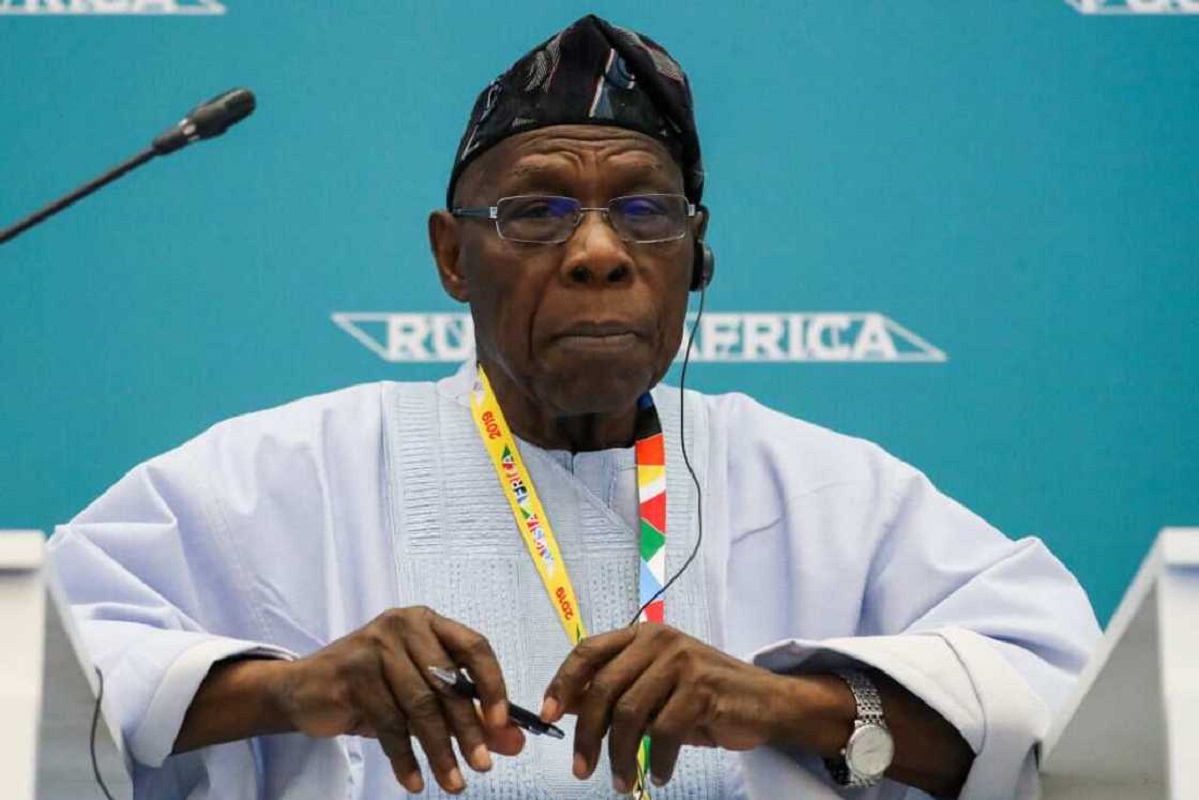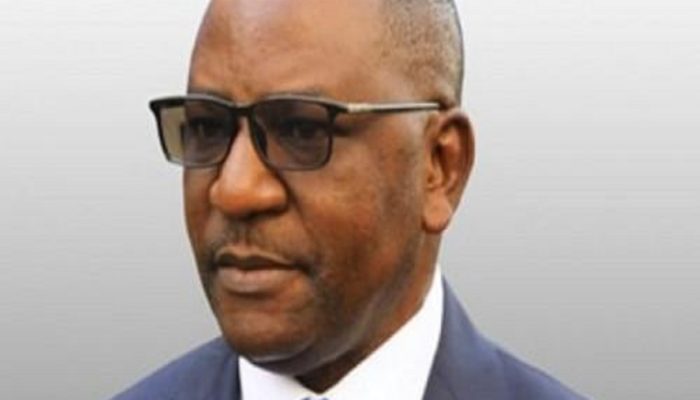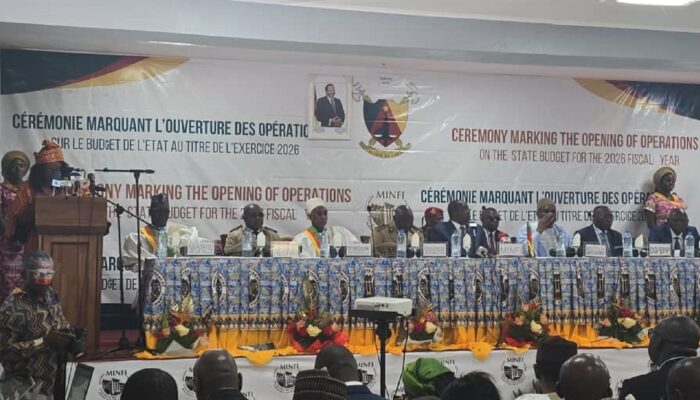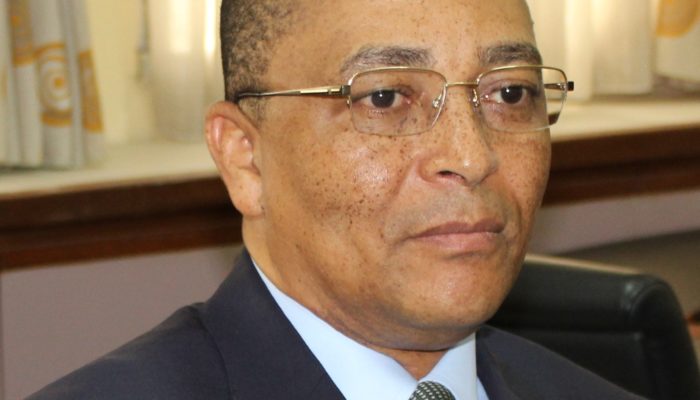Former Nigerian President Olusegun Obasanjo, now a businessman, plans to expand his OABL consortium into various key sectors of the Cameroonian economy. Agriculture is at the top of the list, with the expansion of his farm to 610 hectares to grow corn and soybeans to feed his livestock. The group also plans to invest in shipping, hospitality, oil, and the timber industry.
The choice of the port of Kribi for this major investment is not insignificant. With the recent commissioning of phase 2 of the port, Kribi is positioning itself as a strategic commercial hub in Central Africa. OABL intends to leverage this modern infrastructure to relieve congestion at the ports of Apapa and Lekki and facilitate transshipment and other maritime activities.
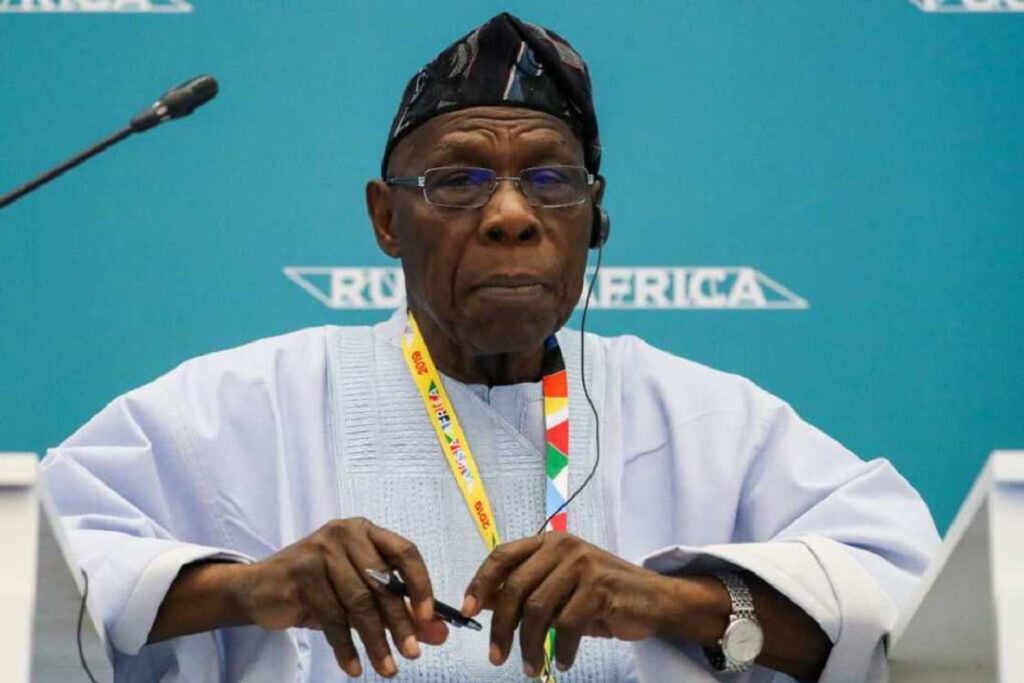
OABL’s investments are expected to have a significant impact on the local and regional economy. They will support local producers, create jobs, and strengthen economic ties between Cameroon and Nigeria. Furthermore, they will help make the Port of Kribi a major player in intra-African trade, in line with the objectives of the African Continental Free Trade Area (AfCFTA).
Trade between Cameroon and Nigeria is steadily increasing. In 2023, trade reached 78.9 billion CFA francs, with a slight surplus in favor of Cameroon. However, the National Institute of Statistics (INS) emphasizes that these figures do not fully reflect the reality of trade, due to the importance of the informal sector and smuggling.
The partnership between OABL and Aftel Cameroon Limited, a local company, demonstrates the former Nigerian president’s commitment to partnering with local stakeholders to ensure the success of his investments. Olusegun Obasanjo’s arrival in Kribi in April 2025 is eagerly awaited, as it will mark the beginning of a new era of economic cooperation between Cameroon and Nigeria.



